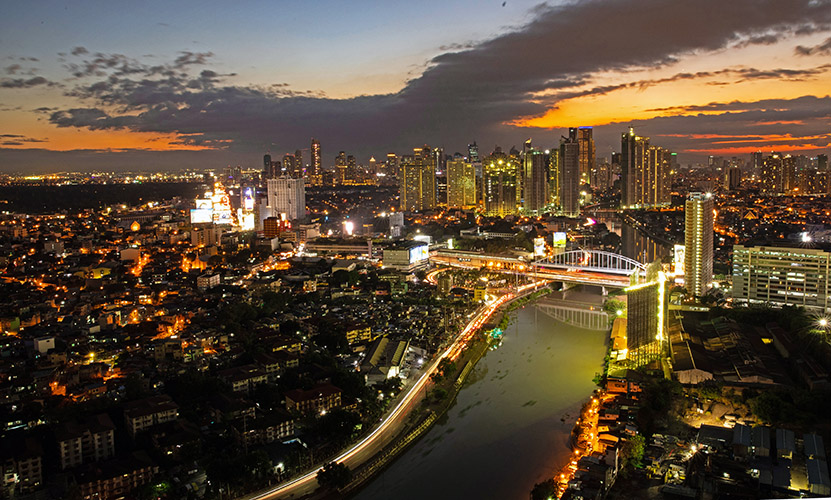Senator Win Gatchalian called on the Department of Energy (DOE) to consider studying the case of Vietnam in pursuing nuclear power plants before venturing on the revival of the mothballed Bataan Nuclear Power Plant (BNPP).

Vietnam’s efforts, dating back to 1958 when it explored nuclear energy for electricity generation, only ended up being scrapped in 2016 primarily due to economics. Reports had it that nuclear power was not economically viable because of other cheaper sources of power.
By the time the decision for cancellation was reached by the Vietnamese government, the estimated cost of four nuclear reactors had nearly doubled to US$ 18 billion and pursuing the program would add more pressure to Vietnam’s rising public debt. The estimated price of nuclear-generated electricity had increased from 4-4.5 US cents /kWh to 8 cents /kWh.
Safety concerns also influenced the decision of Vietnam to cancel their nuclear program.
“Pinag-aralan ito ng Vietnam at nabigyan pa ng go-signal ng kanilang Kongreso para ituloy ang nuclear program. Pero noong 2016, kinansela nila ang proyekto dahil natuklasan nila na kulang sila sa mga safety at safeguard procedures at tumaas pa ang presyo ng kanilang kuryerte dahil nakadagdag sa presyo yung safety measures. Lumalabas na mayroon pang ibang mas mura,” Gatchalian narrated.
Another factor for the cancellation of the project was that electricity demand in Vietnam was growing but not as rapidly as they projected, crushing their anticipated power shortage in the future.
In studying the case of Vietnam, Gatchalian took note of how the coronavirus pandemic has caused a drop in electricity generation since the implementation of the enhanced community quarantine (ECQ) as operations of industrial facilities and commercial establishments have slowed down.
Compared to Vietnam’s 2,000-megawatt plant, the BNPP’s capacity is only 620 megawatts. Should plans to revive it push through, Gatchalian said the government will have to spend around $1 billion to refurbish the obsolete control room, train personnel, and address numerous maintenance and safety checks.
Few years ago, Gatchalian visited a nuclear power plant in Slovenia, which incidentally was built around the same time as the BNPP. Its retail rate per kilowatt hour (kWh) was around 9 pesos. The cost of electricity in the country today is also pegged at 9 pesos per kWh.
“Kung gagamitin natin ang Bataan Nuclear Power Plant at ang pangakong magdudulot ito ng mas mababang presyo ay maaring hindi mangyari dahil lumang luma na ito at sa dami ng safety nets na kailangang ilagay doon ay baka mas magiging mahal pa ang presyo sa binabayaran natin ngayon. Dapat matuto tayo sa naging karanasan ng Vietnam,” said Gatchalian.


